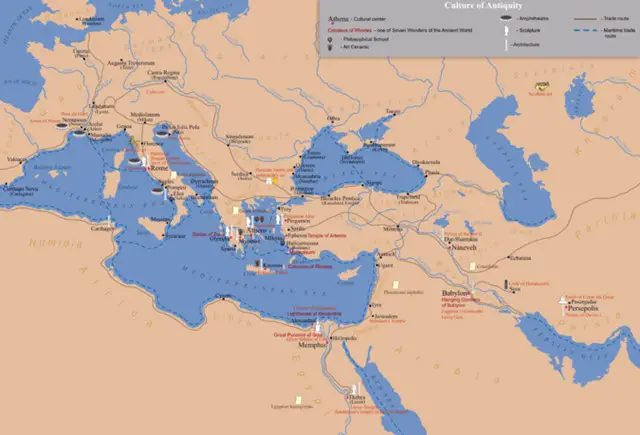
The Greco-Roman period is the classical era between the 8th century BC and 6th century AD of the ancient civilizations of Greece and Rome. It was when both Romans and Greeks worked together and flourished worldwide.
This era holds a history of culture relating to ancient Greeks and Romans. There was a culture that had characteristics of both Greeks and Romans partly.
The Greco-Roman war broke out, which led different foreign powers to compete for control over the areas of the world.
It all began when Greeks had occupied Egypt in 332 BCE when Alexander the Great declared himself Pharaoh and died.
Ptolemy of the Ptolemaic Era (Alexander’s general) then split up the entire Greek empire in Egypt after the death of Alexander the Great, an influential personality of Ancient Greek.
This led Ptolemy to gain control over Egypt and concluded his established dynasty with the tragic death of Cleopatra. After Cleopatra’s death, Romans invaded and seized Egypt.
What happened in the Greco-roman era?
Content
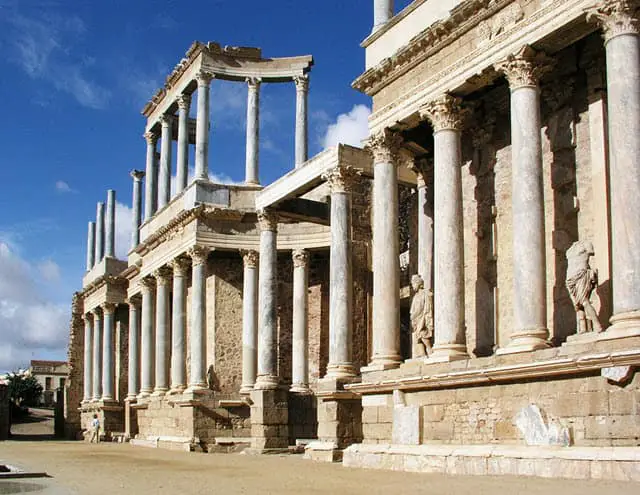
The Roman empire started using all Egyptian civilians for farming, and many architectural developments took place. Both empires started embracing their culture and established a Greco-Roman world.
The Greco-Roman world had many regions that were directly and intimately influenced by the culture of the Greeks and Romans. They focused on all sorts of architecture and made a legacy together.
The Egyptian civilians under labor created a beautiful architecture that reflected their culture.
They built temples, cults, and monuments to believe in peace and harmony between them. Many statues and figures were made, which led to a considerable achievement in the arts.
Their art and architecture are still top-tier achievements in our modern world today. They contributed a lot to writing and literature. They also made sure that it was accessible to everyone.
The writing system was Greek-derived. Greeks focused on general education and made the Greek alphabet a significant innovation to learning and writing. They made the writings a part of history, thinking they would be preserved as long as humans remained.
Greco-Roman culture
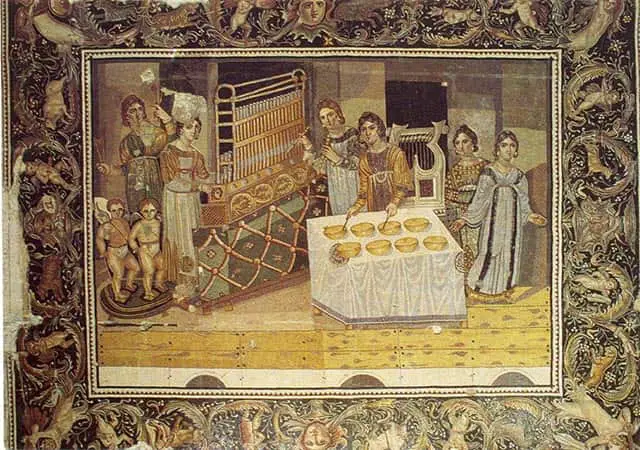
However, the Greeks and Romans were culturally apart. They had their differences, and the Roman world differed from the Greek world.
Greeks were ascendant in philosophy, physics, art, literature, chemistry, medicines, and mathematics, whereas Romans were geniuses for law and civil administration.
The Romans were great builders and invented arts and architecture still in use today. The Greeks provided empirical evidence to explain the world and how a man is within the world.
They created myths to teach people about the trials and errors of good and bad by the influence of gods.
They were engaged in theorizing and speculating, whereas Romans have been involved in politics and business. But both of the worlds were civic-minded.
They had large numbers of enslaved people to rely on and gave them fundamental rights as citizens of their lands.
The Greco-Roman civilization had experimented with male citizens to participate in political life.
With these ideas in hand, the citizens could not be tortured to extract evidence for a trial that benefited the ordinary people.
This also helped in the shaping of the modern world. Even the European countries and the United States started using this idea in creating a strong political power which led to the widespread development of the republic government.
What did they do to pass their time?
The Greco-Roman world focused on entertainment and played games and theaters for stage entertainment. Greeks gave us Olympic games while Romans gave us stadiums.
Greeks were conservative and never showed any violence on stage, whereas Romans were violent and showed people being violently killed or raped on stage. They had a strange law made for all sorts of punishment.
Greek and Roman philosophy
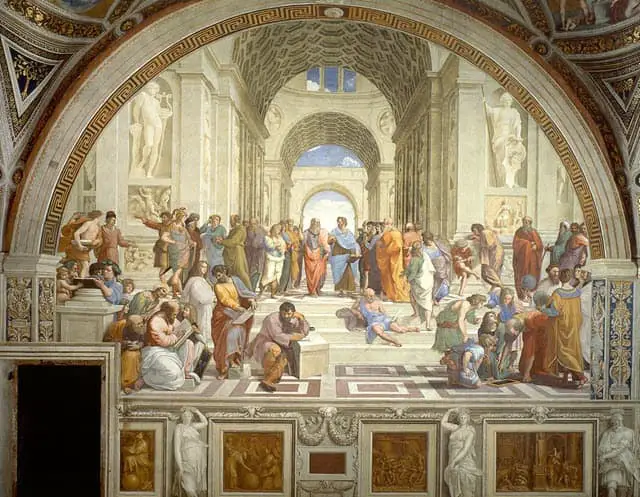
The Greeks and Romans believed in religions, but they had differences. Greeks contributed to spreading wisdom, love, moral values, and truth to the world. They created myths about gods and goddesses to explain the mysteries of life and nature.
They talked about the origin of the world and the creation of seasons. Their religion was solely based on the existence of the world.
Hence, the Romans believed in political power and contributed more to business and politics with a political purpose behind everything.
Whoever had the high authority was considered God for Romans. But they both had their philosophy focused on providing rational explanations for the working of the universe.
Most theories and myths developed a way of teaching people about the world’s existence, which later led to the rise of the scientific method in the modern world.
Greco-roman cultural influence
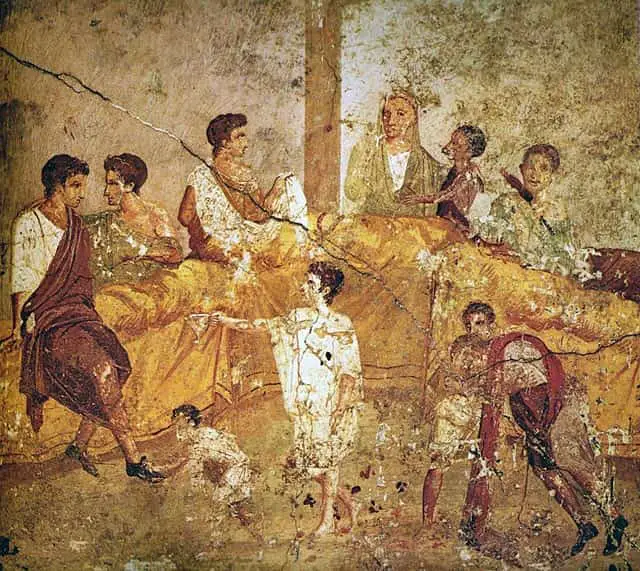
The Romans had been in contact with the Greeks for centuries. They had a trading business in Greece, which formed a cultural exchange between these two worlds. Romans were military-based and loved conquering.
They admired Greek culture so much that they later conquered the lands of Greece. They stole Greek ideas, culture, architecture, and studies and imitated them.
Through the mixture of both cultures, the Greco-Roman era left a lasting effect on the modern world.
They developed the art of language and considerably contributed to establishing the foundations of critical thinking. Modern science would not exist without a foundation built by the Greek intellects.
They both offered a rational explanation to the theories of whether god exists or not and the nature of the universe. They had highly influenced critical viewpoints in knowledge and facts by giving a rapid change in commerce, urbanities, and cosmopolitan elites.
Greco-Roman differences
Greeks and Romans had a lot of differences in language, timeline, architectural abilities, social values, and much more. More philosophers, thinkers, authors, poets, political ideologists like Socrates, Plato, and Aristotle were from Greece.
In contrast, the thinkers obsessed with justice, ideals of truth, epistemology like Marcus and Cato were from Rome. Greeks were entirely dependent on nature and believed in the universe’s timing.
They declared democracy as their political setup to run a government. They left their government in the hands of the citizens, whereas Romans followed monarchy and had a democratic setup with a ruler.
They were immersed in ruling and taking control over conquering. However, both Rome and Greece were high in agricultural economies. The Greeks survived through sea trade while Romans used military-based tactics to defeat, grow and flourish.
Romans in Greco-Roman era
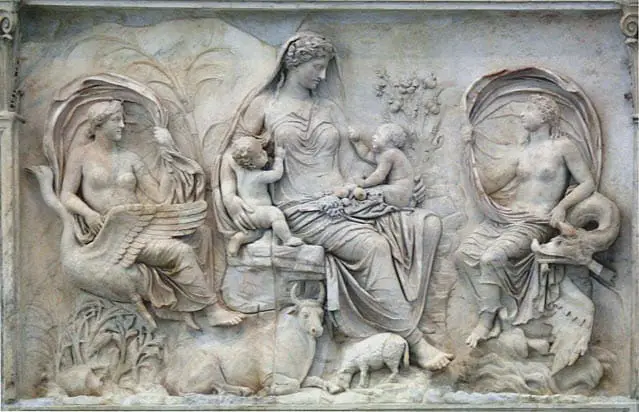
Romans came into existence after the Greeks. They brought an end to Greek civilization through war. Romans then claimed they were superior in the field of art and architecture.
Of course, Romans had power, but they did not have ideas. Greeks had ideas and were intellects in finding rational answers to the great questions of life on earth.
Regardless of how they were, they both had enormous respect for human beings and what they could accomplish with their minds and bodies.
Art and architecture started becoming widespread worldwide, and many Roman elites grew businesses in the trade.
Achievements in the Greco-Roman era
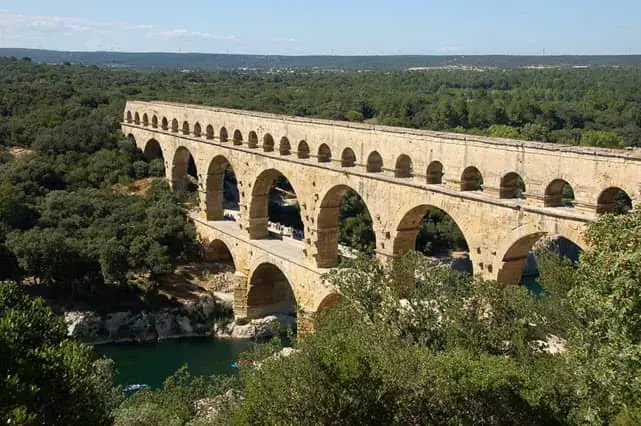
The Greeks and Romans had done a lot of inventions during this time. They even came up with their technology. Their inventions include Archimedes Screw, Cartography, Crane, and differential gears.
Most of the inventions of the Greco-Roman era were done for war purposes. The watermill was their first invention in the area of food production.
This invention holds a special place in the history of technology.
This was the first machine to harness natural forces. Greek engineers used to call this watermill, whereas Romans named them a gristmill.
They even developed mathematics and surveying further by great philosophers Archimedes and Heron.
Many water technology, mining, alarm clocks, clock towers, automatic doors, analog computers, air and water pumps were developed, which gave a foundation to advanced technology later on.
Regardless of their differences, they contributed considerably to building today’s world. The art and ideas that emerged from this era are still cherished today. Most of their discoveries led to a foundation in modern science and technology.
Many beautiful sculptures are still in demand today. Their admiration and love for art and design have given a solid principle in creating Arts today. This era is significant because of the development in art and architecture.
They made contributions to philosophy, mathematics, astronomy, literature, theater, and medicine. Thus, this era ended the Persian civilization in Egypt and founded a new civilization.
Aristotle, Socrates, Hypatia, and Plato were the major Roman and Greek philosophers and scientists contributing to science and technology.
